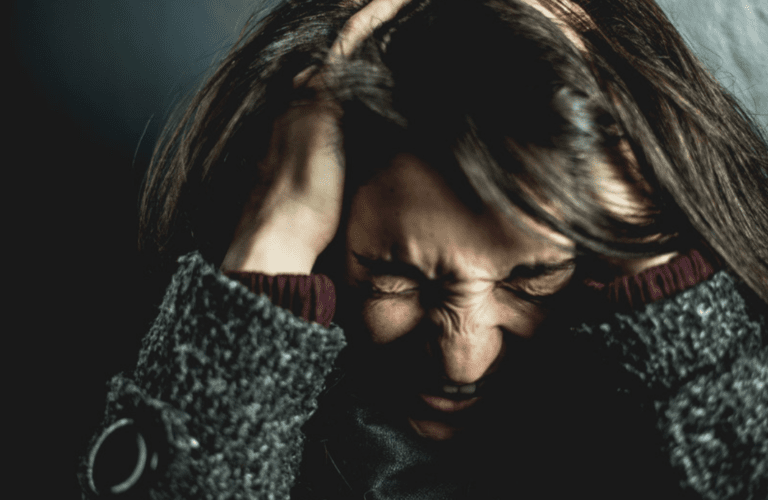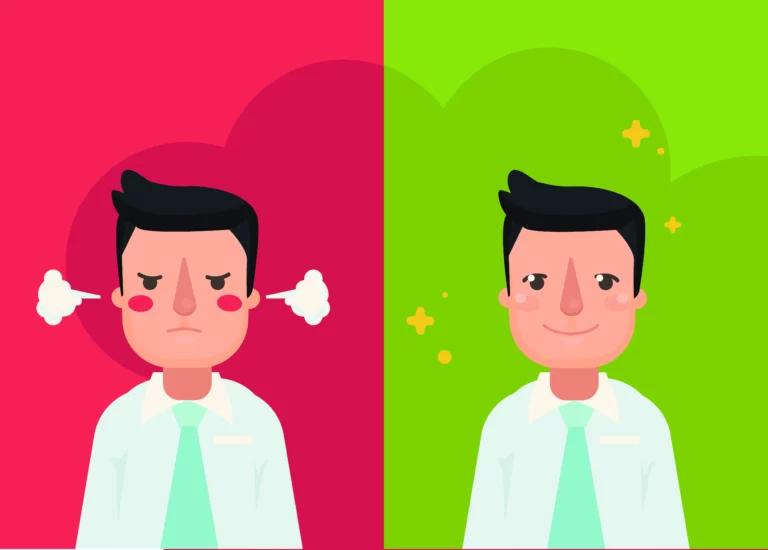Dangers Of Xanax Withdrawal
What Is Xanax?
Xanax is the brand name of a drug called alprazolam and is a prescription medication used primarily to treat anxiety and panic disorders. Xanax is the number one most prescribed psychiatric medication in the United States and is dispensed in a variety of doses in pill form. Xanax can reduce feelings of anxiety and have a calming effect on the brain due to its ability to attach to a receptor in the brain called the GABA-A receptor.
Though Xanax can help alleviate the symptoms of anxiety, it does nothing to treat the root causes of anxiety. If someone begins to rely on Xanax to treat their feelings of anxiety, they can quickly develop an emotional, physical, and psychological dependence and addiction to Xanax.
Even if an individual is prescribed Xanax, and is taking it only as prescribed, they are not immune from developing an unhealthy dependence or addiction to the drug. This is why treating the root causes of anxiety, in a safe space such as therapy, is important. Therapeutic approaches, as well as mindfulness-based practices such as meditation and yoga, can provide individuals struggling with anxiety disorders lifelong, healthy coping tools that provide much more than a bottle of pills.
Xanax Abuse Side Effects
Taking Xanax for non-medical reasons, and without a prescription, is considered abuse of the drug. It is also possible for an individual to misuse Xanax by taking larger quantities, or more frequently than directed by their medical providers.
Xanax abuse side effects may include:
- Weakness
- Drowsiness
- Mood changes
- Slowed thinking
- Double vision
- Vertigo
- Confusion
- Impaired judgment
- Heart palpitations
Abusing Xanax regularly can quickly lead to physical dependence and addiction. It is important to be aware of the signs of addiction to Xanax because going through unsupervised withdrawal from Xanax can be life-threatening.
Dangers Of Xanax Withdrawal
Withdrawals from any drug are generally uncomfortable, but abrupt withdrawal from benzodiazepines like Xanax can result in potentially fatal seizures. Since the first report of benzodiazepine withdrawal seizure in 1961, many case reports have followed. Withdrawal seizures usually occur in patients who have been taking these medications for long periods of time and at high doses and discontinue abruptly. However, seizures have also been reported with less than 15 days of use and at therapeutic dosage.
It has been reported that almost all withdrawal seizures reported from benzodiazepine use have been recorded as grand mal seizures. The severity of seizures can range from a single episode to coma and death. This is why it is imperative to work with healthcare professionals to taper off of Xanax rather than stop taking it abruptly. Working with healthcare providers such as your family doctor or medical providers at a detox center will ensure that you have the safest and smoothest withdrawal process.
If you or a loved one are struggling with addiction or withdrawal from benzodiazepine, it is imperative to seek medical help and professional support to ensure a safe detox and entrance to recovery.
Addiction Recovery At Oasis
Addiction can affect anyone. If you or a loved one are currently living with addiction or alcoholism, help is available! We encourage you to reach out to the professionals at Oasis Recovery to learn more about our personalized treatment programs and mental health services. Oasis Recovery was founded from firsthand experience of addiction and recovery, with a mission of providing a space where people can heal from addiction in a compassionate, creative, open-minded, and heart-centered environment. We believe recovery is always possible. Our experts work with you to design a treatment plan that fits your needs. Common treatment programs include:
- Intensive Outpatient Programs (IOP)
- Full-time Addiction Treatment on campus
- Aftercare Services
Contact us today for more information about how our programs and services can help you get your life back on track.









